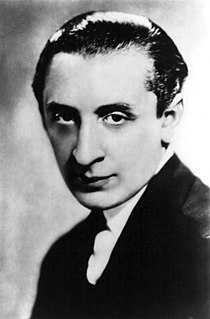A Quote by Robert Aris Willmott
Some imitation is involuntary and unconscious.
Quote Topics
Related Quotes
Imitation both unconscious and conscious is par excellence the educational method of the family. It is plain that a considerable part of the adaptation of living beings to their environment, i.e., of beings that are born plastic, is passed on from generation to generation through imitation. Were this not so, much if not all of the road traversed by one generation would have to be travelled by the next generation from the very beginning and without short-cuts. Consequently there would be little chance for the novel adaptation, the propitious individual variation, that constitutes progress.
Imitation is for the most part so unconscious that its effects are almost unheeded, but its influence is not the less permanent on that account. It is only when an impressive nature is placed in contact with an impressionable one that the alteration in the character becomes recognizable. Yet even the weakest natures exercise some influence upon those about them. The approximation of feeling, thought, and habit is constant, and the action of example unceasing.
The imagination acquires by custom a certain involuntary, unconscious power of observation and comparison, correcting its own mistakes, and arriving at precision of judgment, just as the outward eye is disciplined to compare, adjust, estimate, measure, the objects reflected on the back of its retina.
Religion is not an imitation of Jesus or Mohammed. Even if an imitation is good, it is never genuine. Be not an imitation of Jesus, but be Jesus, You are quite as great as Jesus, Buddha, or anybody else. If we are not ... we must struggle and be. I would not be exactly like Jesus. It is unnecessary that I should be born a Jew.
You have to learn to trust - and listen to - your unconscious mind. If you pose the question to your unconscious "is this person a friend or a foe" - safe or a threat - your unconscious mind is hard-wired to assess that brilliantly for you. It's just that we're not very good at paying attention to what our unconscious minds are telling us.
Tears may be considered as the natural and involuntary resource of the mind overcome by some sudden and violent emotion, before ithas had time to reconcile its feelings to the change in circumstances: while laughter may be defined to be the same sort of convulsive and involuntary movement, occasioned by mere sur prise or contrast (in the absence of any more serious emotion), before it has time to reconcile its belief to contradictory appearances.



































